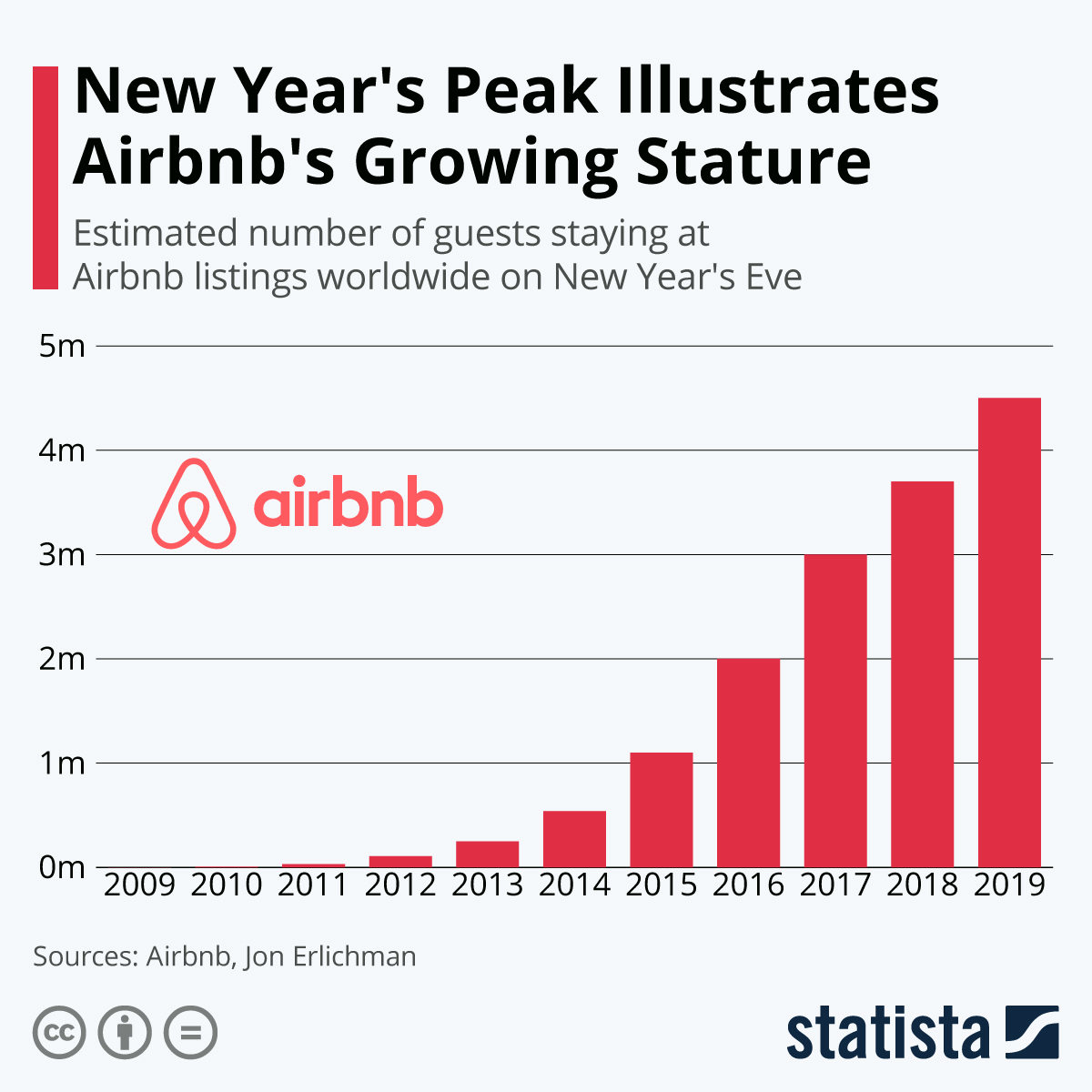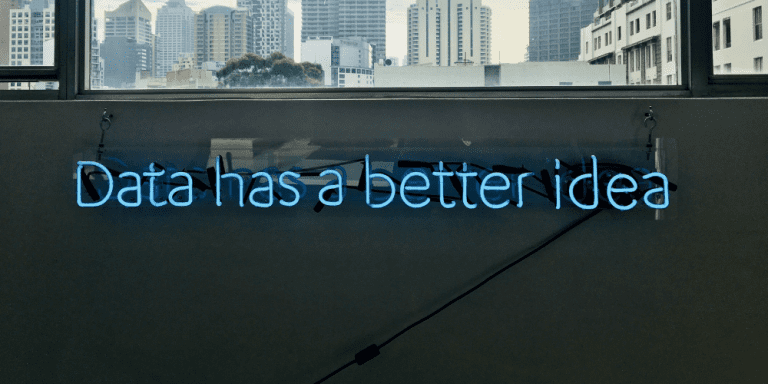Isn’t that the million-dollar question? Even if you don’t know what it is, data science is quickly becoming a driving force behind the digital world. It’s transforming the ways in which we handle and think about data.
Your weather forecast uses data science. So does your car’s GPS. Amazon, Google, Microsoft and the next big company of our sci-fi future world all use data science. Doctors, engineers, non-profits and governments all make use of it.
High praises indeed. But what actually is data science?
Simply put, it’s using scientific techniques and methods to analyze large amounts of information.
The insights that data science produces are used to understand complicated things that seem random, from weather patterns to disease to online shopping habits.
Data Science vs Computer Science
Data science can often look pretty similar to computer science. Both require some serious programming skills and more than a passing familiarity with mathematics.
However, there are actually massive differences between them.
While data science is often done on computers, the key difference between data science and computer science is that it doesn’t focus on computing. A computer scientist might work on developing a new processor or compiler, but data science insights are used to understand the world.
Do you want to understand computers? Study computer science.
Want to use computers to handle data and gain valuable insights? Study data science.
In terms of careers, a big difference is that data scientists have to communicate their insights and data analytics techniques with others.
A programmer won’t have to explain their work to the CEO, but a data scientist might, often with graphs or other visualizations.

Data Science: Visualization
Learn basic data visualization principles and how to apply them using ggplot2.
Data Science: Visualization
Learn basic data visualization principles and how to apply them using ggplot2.
The increasing interest in data science
The basic ideas of data science have been around in one form or another since the 1960s, but it’s only really taken off in the last ten or so years.
The Harvard Business Review even called it the sexiest job of the 21st century. It’s certainly one of the best-paid, with entry level data scientist roles earning $95,000 a year on average.


So, why has there been such a buzz about data science in recent years?
In short, it’s supply and demand. Big tech companies desperately want the power of data science tools on their side. They want Google Analytics behind their marketing and Microsoft Dynamics for their supply chain management.
But because the field is so new, it’s hard to find people qualified for the job. As such, many businesses have been pumping money into recruiting and training new data scientists.
In the next five years, there’ll be a massive influx of new scientists – maybe you’ll be one of them.
To understand why companies are so interested in data science, let’s take a look at some examples of how profitable it can be for a business.
The impact of data science
Data science is revolutionizing how technology, businesses and knowledge work together. Some people, like Turing award winner Jim Gray, have even called it a new paradigm of science itself, fundamentally different to everything that’s come before.
That makes it, naturally, very valuable to industry.
The numbers are almost too big to comprehend: the field was worth over $50 billion dollars in 2019 alone. There’s no signs of it slowing down, either.
Unless a solar flare fries our computers, this futuristic field is here to stay.
More often than not, good data is one of the main ingredients of unicorn startups (a privately held startup with a current valuation of at least $1 billion USD) and their meteoric growth.
One of the key factors in AirBnB’s astronomic growth over the last five years was having data scientist Riley Newman there from the start to scale their business with data.


One of the most famous data scientists, and arguably the originator of the term, DJ Patil served as chief data scientist of the U.S. government during the Obama administration.
While there, he founded programmes like the Precision Medicine Initiative and the Cancer Moonshot program.
Using data science in healthcare to save lives isn’t a pipedream – it’s real.
What do data scientists actually do?
You should now have a good idea of why this field matters. But what sets it apart from things like data analytics? A data scientist has two main tasks that set them apart from everyone else.
- They turn unsorted, messy data into something they can analyze
- They analyze that data for insights and communicate them to others
A lot of people can analyze data that’s already neatly-structured, like a database. But could they take every user on Facebook and come up with a new way to find connections between people?
That’s always the challenge – finding patterns in data that doesn’t seem to have any.
But also of increasing importance is machine learning and its close sibling, deep learning.
These are fields where computers are fed data to ‘train’ them into choosing the correct answers to problems. In many ways, they’re still uncharted territory, but they’re also incredibly powerful at finding things or solving problems humans can’t.


Machine Learning Fundamentals with Python
Machine Learning Fundamentals with Python
Here are some examples of machine learning in action:
- Using medical data to detect breast cancer with startling accuracy.
- Predicting severe weather, like thunderstorms and tornados.
- Analysing crime data to predict break-ins and provide hotspots for Vancouver police officers to patrol.
- Using botanical databases to classify brand new species of plants.
- Predicting the smell of a new fragrance based on its molecules.
As you can see, while it’s most often used by businesses, data science insights can prove useful in a number of other fields.
How to learn data science
Interested in data science? Want to try out machine learning for yourself?
Well, you’re in luck. It’s never been easier to get started: and all the information and tools you need are available online.
You’ll need to be able to write code. The most popular language is called Python, and thankfully using Python with data science is fairly simple and easy to learn.



Python Basics for Data Science
This Python course provides a beginner-friendly introduction to Python for Data Science. Practice through lab exercises, and you’ll be ready to create your first Python scripts on your own!
Python Basics for Data Science
This Python course provides a beginner-friendly introduction to Python for Data Science. Practice through lab exercises, and you’ll be ready to create your first Python scripts on your own!
Once you learn Python, using it for data science is popular because its simplicity makes it easy to quickly write programs for complicated functions like machine learning. But, of course, data science is a lot more than that. You also need a language that’s good for statistics and data-mining.
The best choice is called R, commonly referred to as ‘rlang’.
(If you’re wondering why programming languages have unusual names, it’s because programmers are unusual people.)



Data Science: R Basics
Build a foundation in R and learn how to wrangle, analyze, and visualize data.
Data Science: R Basics
Build a foundation in R and learn how to wrangle, analyze, and visualize data.
Getting familiar with these languages is a great start to becoming a data scientist – now you just need to learn the rest of the field.
Luckily for you, there are dozens of online data science courses aimed at beginners you can use to improve your skills. Why not try one today?
Conclusion
The question “What is data science?” is only going to be asked more and more as big data takes over the world.
The impact of data science in healthcare, in production, in marketing and almost all other areas of industry can seem impossible to fully understand.
But hopefully this has explained the importance of data science and some of the data analytics techniques it uses.
If nothing else, when you see someone ask “What is data science?”, you’ll now know the answer.
Consider it some ‘deep learning’ of your own!



IBM Data Science Professional Certificate
Kickstart your career with an IBM data science certificate. Learn data science, Python & SQL, analyze & visualize data and build machine learning models.
IBM Data Science Professional Certificate
Kickstart your career with an IBM data science certificate. Learn data science, Python & SQL, analyze & visualize data and build machine learning models.
